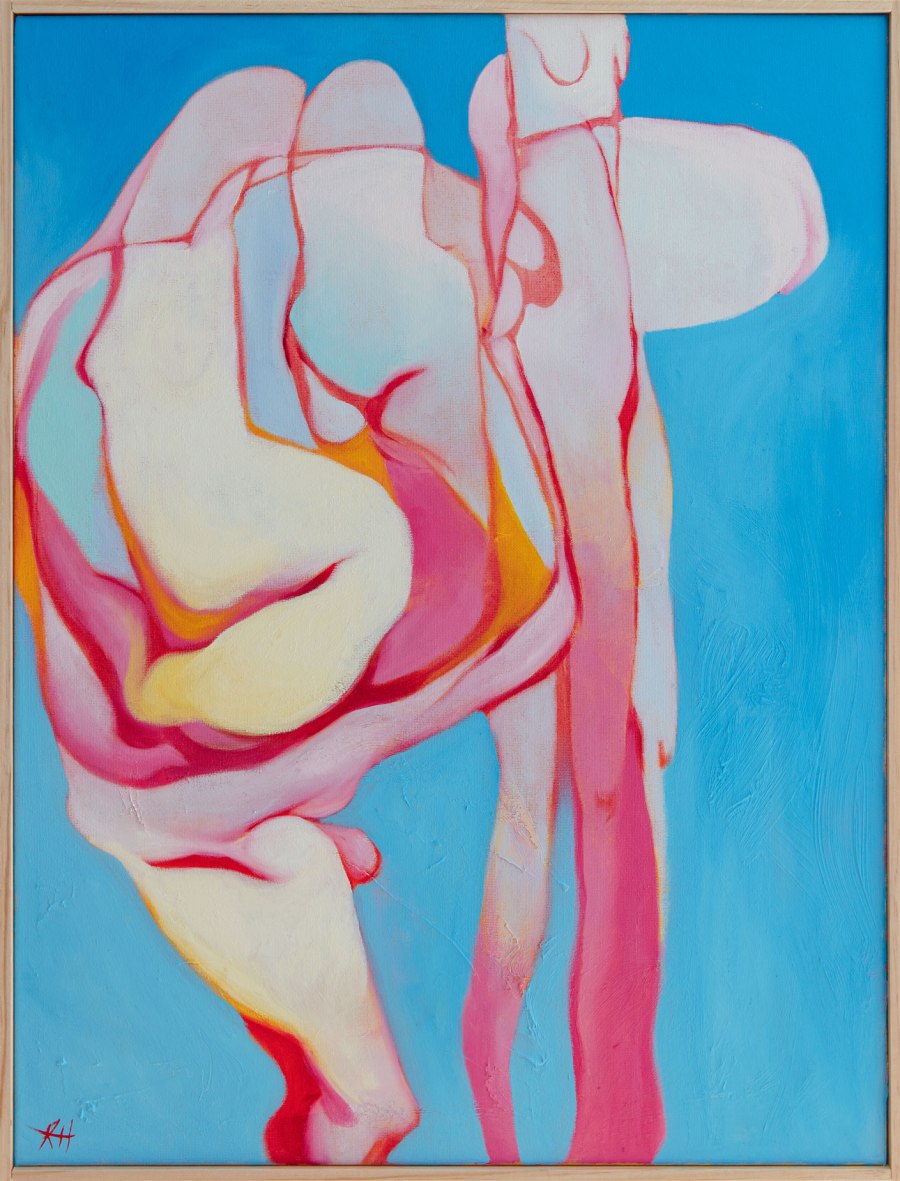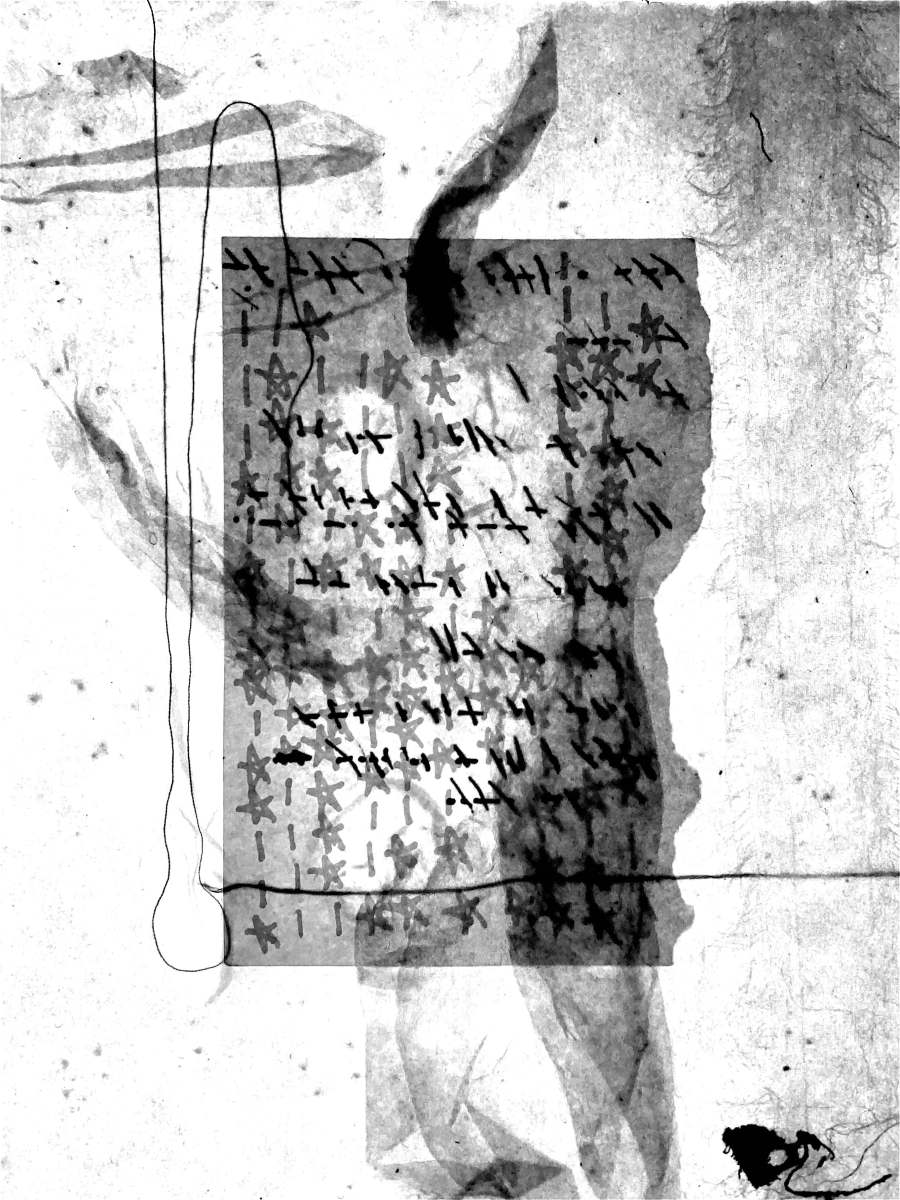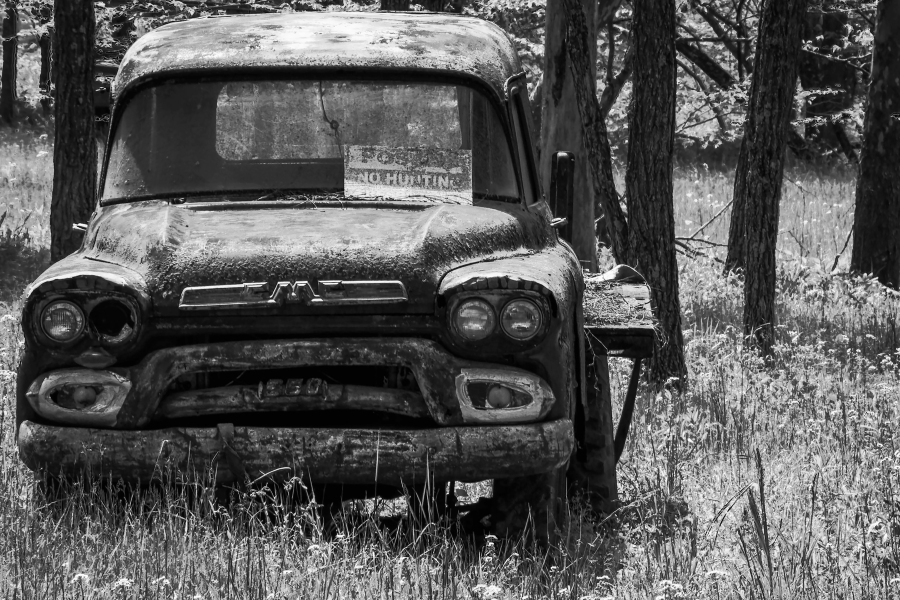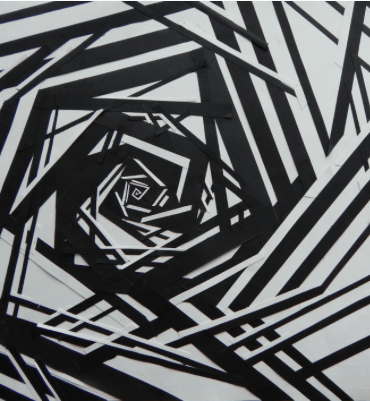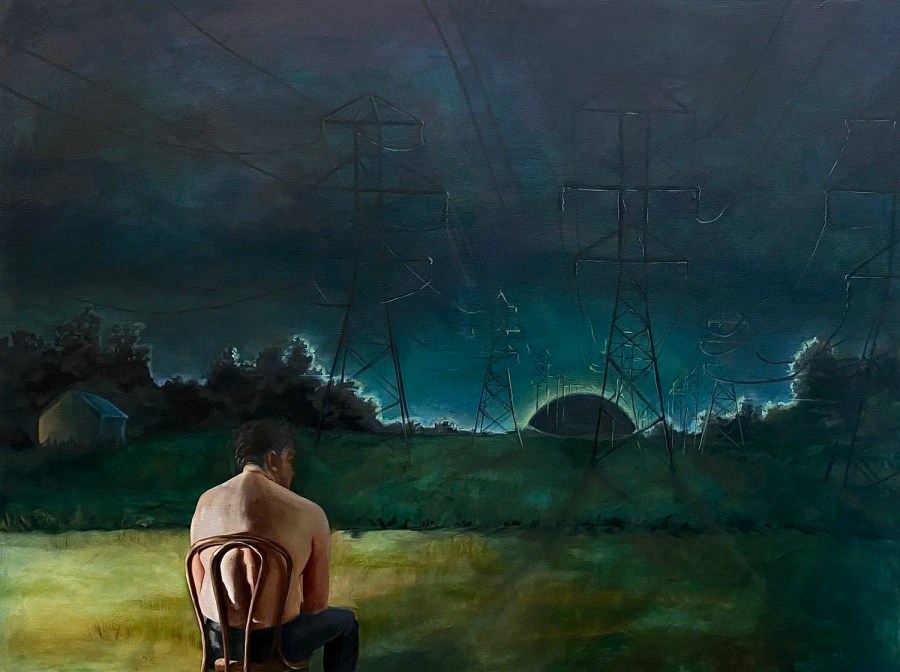
Ecstasy Facsimile
By Mark Anthony Cayanan
Featured Art: “Event Horizon” by Mallory Stowe
Guess manageable despair arrives on time today,
my soul cracking when sunlight sharpens my migraine.
I listen to Wilco and amplify my unoriginal sadness.
The U-Bahn stalls at Ullsteinstraße and now I’m sure
I’m going to be alone forever, and it’s oh so important,
this intimate history between my earbuds and my feelings.
It wouldn’t be so bad, being somewhat lonely, mostly
ordinary, if I could soundtrack my life. I’d stare at rows
of bottled wieners while mumbling invented lyrics.
And I’m still mostly male and so adjust myself in the aisle,
my ball cap and sullen face, chili & lime chips, cheap IPAs.
I self-checkout to avoid talking. I bring my own bag.
Pleasure never lasts, you know, but pleasure does. And how
embarrassing, to be unloved. I hum every longing home.
Read More
